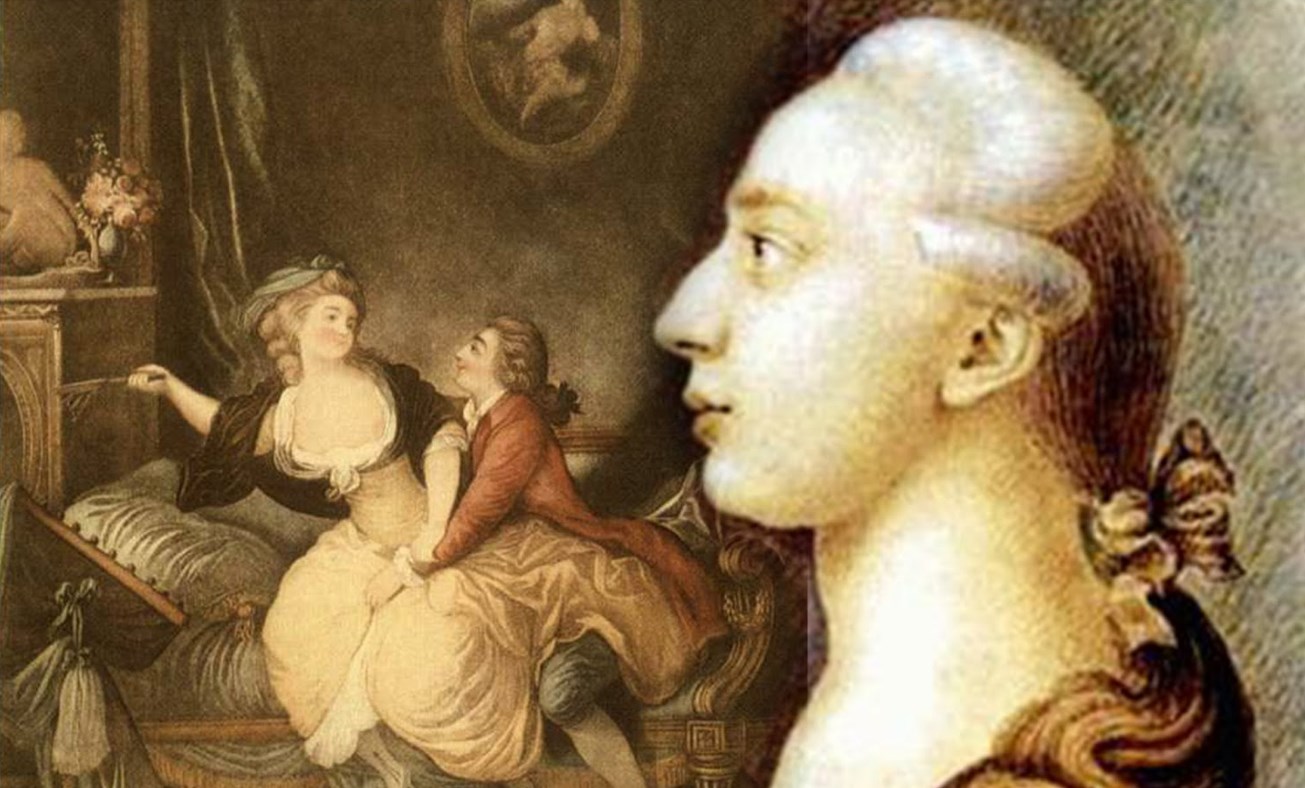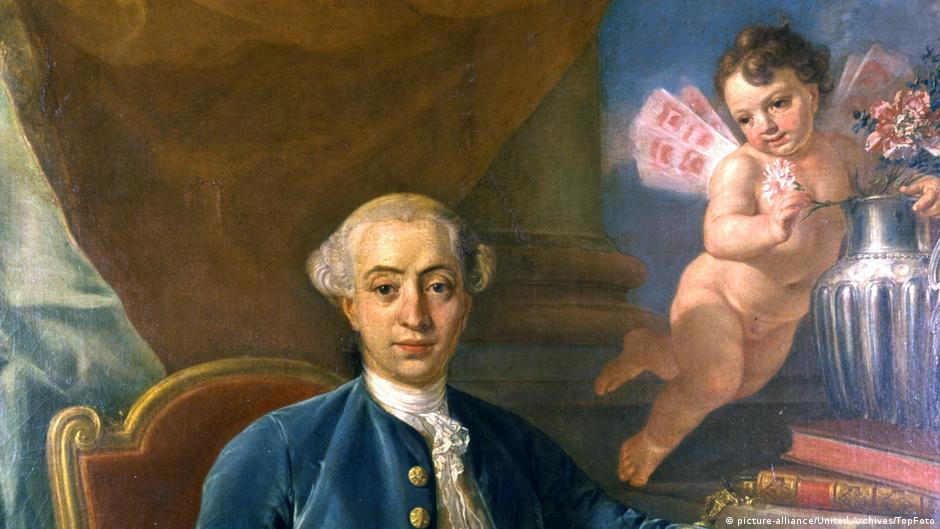
Casanova’s view of the lottery
A book could be seen as a tool for gambling, and its text would become a lottery. According to the accounts of Giacomo Casanova in the houses of Paris, con men skilfully beat the ladies by offering books of 1,200 pages, 200 of which were winning. A man would place a bet and then stick a needle into a tightly closed book. If the sharp object hit a lucky page – the bet was won.
Also in the seventeenth century in the Parisian salons was a linguistic lottery, in which neologisms were offered on the tickets. The word that came into one’s hands had to be skillfully introduced into the lexicon. Giacomo constantly refined the lottery ideas and called the entertainment a tax on extra money, which could be spent in even worse ways.
The genesis of grammatical gambling
The cabal inspired the introduction of the grammar lottery, with numbers being replaced by syllables. It is believed that Casanova planned to show this game of chance to the Austrian Emperor. The catcher selected 1,300 syllables describing the basis of the French lexicon. The 3,000 syllables could describe the wording of the world’s most famous languages.
The player was asked to name a word with several syllables so that they did not repeat themselves (gram-ma-tee-ca would be a good example). The word must be said to the organisers and then hopefully it will appear in some draw in the range of the year. One draw implied the naming of 9 dozen syllables. The probability of winning here is much higher than in standard gambling games. The entertainment also motivated people to learn how to write and read, improve their personal knowledge and interpret terms. Any European could participate, trying on the words of his or her native language. The global idea of the project was to unite peoples.

Transforming the excitement with the use of grammar
A linguistic conception becomes an oracle and a tool for a universal language. The lottery evolved until the twentieth century when culture began to be seen as a massive book or infinite library. It also promoted experimentation in the fields of philology and literature.
In 1923, an article by V. B. Shklovsky describing an American machine for automatic creation of film sequences was published. Various tape reels were written with professions, countries of the world, ages of characters, actions and other parameters. Mixing them up meant creating unique scenarios.
A beautiful but utopian dream
Casanova dreamed of forming a universal language that would promote the understanding of all the people of the world. Some suggested that this task could be solved by creating a universal grammar and dictionary. It would allow ancient languages to be deciphered and new meanings to be discovered. An alternative line of work was the questionnaires proposed to Empress Catherine II by Academician Pallas. They were sent to local provinces and countries of different continents. As a result, Catherine II received many rare dictionaries and ordered a comparative encyclopaedia to be published, mentioning the terms of all recognized languages. The huge book came out around 1788, but did not achieve its utopian goal.
Adapting speech habits to age
Casanova scrutinised and sharply criticised the dictionaries of neologisms produced during the French Revolution, cherishing the idea of the value of a common language. Giacomo’s most flamboyant suggestion was the blending of music and speech. Six vowels, pronounced in seven tones, yield a full alphabet of 42 letters. The idea was conceived when the lover had already grown old, and so it is not unreasonable to assume that the man simply wanted to speak more clearly with his lack of teeth and the ability to pronounce only vowel sounds.
The legendary lover paved the way for many scientific papers and experiments in linguistics with his unorthodox perception of the lottery. He is remembered by people not only for his novels, but also for his desire to organise comfortable communication for all without exception.
